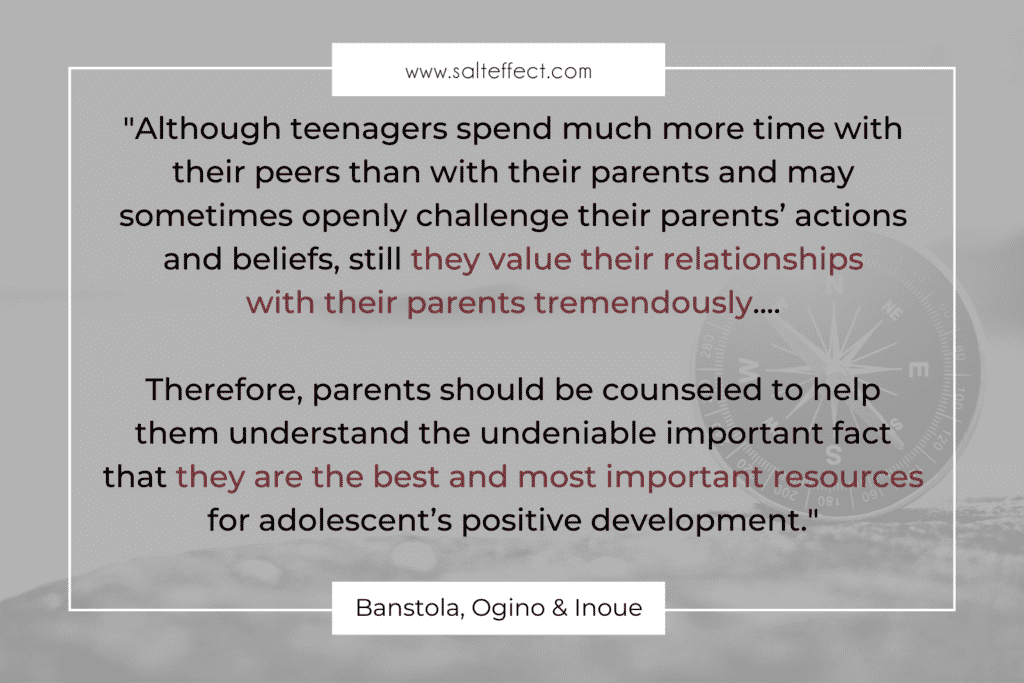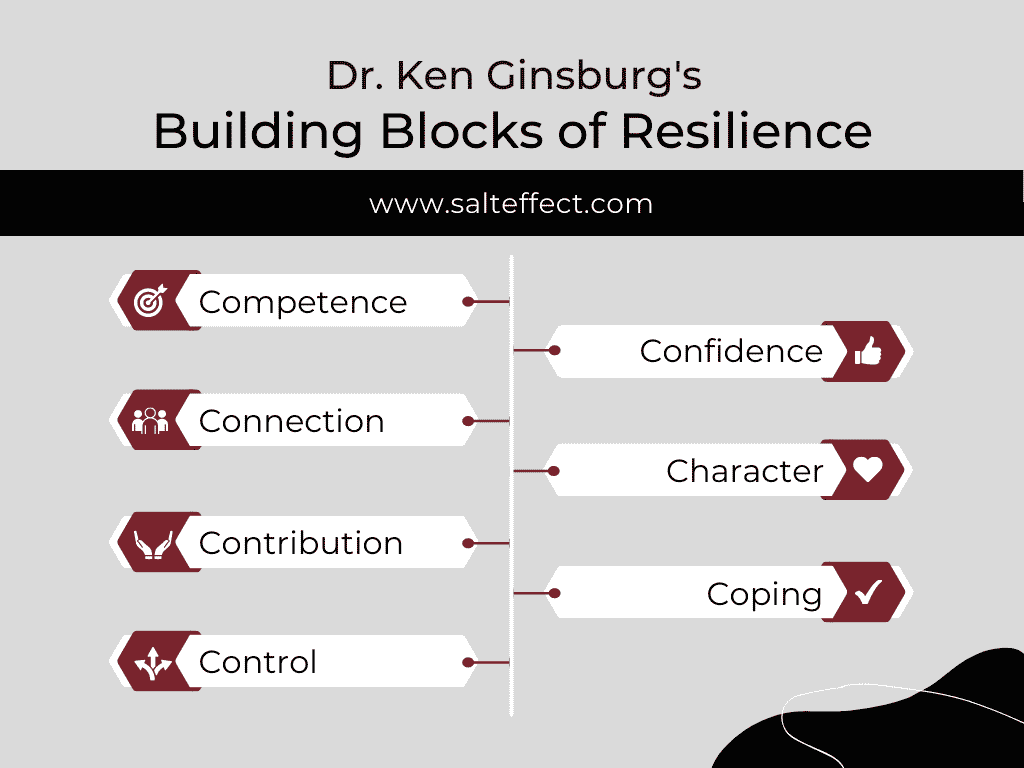11 Tips To Help Teens With Low Self- Esteem Build Their Confidence

Teenagers who struggle with low self esteem will gain confidence when parents and adults rely on these 11 proven tips. Thanks to the latest research on teenage low self esteem help, we share what really works for our teens.
Some of the links below are affiliate links. This means that, at zero cost to you, we will earn an affiliate commission if you click the link and make a purchase. We appreciate your support!
How Can We Help Teens Improve Their Self Esteem?
The difference in quality of life and happiness for people with low self esteem and those with high self esteem is significant. Because self esteem during adolescence sets the tone for adulthood, it deserves our attention.

Our goal is to help our teens feel “lovable and capable” (Jack Canfield) because that’s the essence of high self esteem.
But how do we do that?
A helpful quote to guide our suggestions is from a study by Minev and colleagues: “Self-esteem is a part of our personality and in order to raise it we need to have a sense of personal worth coming from those life challenges that demonstrate our success.”
Every one of these helpful tips will help teenagers feel lovable with a sense of personal worth or feel capable of achieving success.
More importantly, the strategies are backed by the latest research on self-esteem issues in the teen years.
READ MORE >>> 5 Reasons Teenagers Have Low Self-Esteem
1. Build a Habit of Self-Affirmation
One of the most common suggestions to improve self esteem is to use affirmations. But based on the research, sometimes it works and sometimes it doesn’t.
Surprised? I was too.
Some studies have found affirmations are effective for teens with low self esteem IF they become a habit and IF they’re spontaneous.
So that’s the key. Your teen needs to change their negative internal self talk to something positive. That only happens with consistent practice.
How to Write Self-Affirmations That Work
Teens who have low self esteem may have a hard time coming up with affirmations. They may resist and it may feel strange to them, but you can help them start with a few and gradually add more.
They may struggle to come up with things they like and want to believe about themselves. A great solution is suggestions that come from others who love them and know them well.
why Affirmations must be honest & Specific
A really important note here! The affirmations — especially ones from others — need to be very specific and honest. Vague praise like “You are so smart!” and inflated praise like “You are an incredibly talented artist!” often backfire for kids with low self esteem.
But why? That seems counterintuitive. Psychology researcher and professor Eddie Brummelman explains in Wired:
“If you tell a child with low self-esteem that they did incredibly well, they may think they always need to do incredibly well. They may worry about meeting those high standards and decide not to take on any new challenges.”
In a 2022 piece in American Psychologist, he said self esteem “can be cultivated through realistic feedback (rather than inflated praise) and a focus on self-improvement (rather than on outperforming others).”
READ MORE —-> 51 Activities for Teenagers to Build Healthy Self-Esteem
2. Encourage Physical Activity
If your teen is showing signs of low self-esteem, one of the best things for them is to be more physically active. I know that I feel much better when I’m exercising regularly! Even simple movements help, like walking the dog or following along to yoga videos.
Science supports the benefits of physical activity for improved mental health, including self-esteem. With more activity, a teen feels more confident, capable and accepting of themselves.
If your teen needs extra motivation to move, consider a FitBit Sense or Apple Watch. They’ll get reminders from a watch and you won’t have to nag. Win-win!
3. Talk Positively About Body Image
A majority of adolescents have body image concerns and the statistics clearly show the connection to self esteem. A lack of confidence due to social media definitely contributes to how teens feel about their bodies.
But they’re also heavily influenced by family members and friends. Teens who hear negative conversations about body image and dieting end up being even more dissatisfied with their bodies and having unhealthy eating habits as adults.
As parents, we need to say more positive things about ourselves and our bodies if we want our teenagers to to have healthy self-esteem. They pay attention and they internalize what we say and believe.
One study stresses the importance of openly discussing body image concerns with teens. This includes addressing family concerns as well as social media influences.
When a young adult has a more positive outlook on body image, they have high self-esteem, do less emotional eating and are less likely to develop an eating disorder.
4. Encourage Team Sports
Teens who are part of team sports are less inclined to have low self-esteem than teens who aren’t involved. So if your teen is already on a team, do whatever you can to encourage them to stick with it.
If they’re not on a team, encourage them to join one.
Yes, our culture’s obsession with excellence in youth sports makes it hard for teens to pick up a new sport. But it doesn’t have to be a super competitive team.
Check out your local YMCA or community center to see what rec teams are available.
The many benefits are worth the effort to get your teen involved and connected. Being part of a team can improve a teen’s confidence in social situations and encourage them to take healthy risks. A team also introduces them to new people and helps them learn new skills.
How Teens Benefit From Sport Friendships
One of the most profound impacts of team sports is the development of close friendships. When teenagers form close friendships with teammates, they see themselves more positively which results in improved self esteem.
Think back to your own childhood and school years. If you were on a team, you likely have a lot of memories that revolve around your teammates. Even if those memories aren’t all positive, you learned a lot about relationships as a result.
Studies show that sport friendships encourage loyalty, motivation, commitment and physical activity. Teens have a place to belong with peers who share similar beliefs and values. They also learn how to handle and resolve conflict.
5. Help Teens Find a Creative Outlet
Helping a teenager find a way to be creative can bring out the best in them. It’s a perfect example of teenage low self esteem help. Science tells us that creativity is linked to increased self esteem.
And the kind of creativity doesn’t matter!
I know it can be difficult to encourage teens to try new things, especially when they have poor self-esteem. If they’re pushing back on lessons or school clubs, start smaller with online videos or courses. Maybe you can even do some new activities together!
Creative Outlet Ideas for Teens
If your teen is really into music, find out if they’re interested in the school band or taking. lessons. Or maybe they’d like to learn on their own. They can learn just about anything from a YouTube video! My son’s friend taught himself to play piano by figuring out how to play famous songs.
If your teenager is artistic, encourage them to take art or photography classes at school. The could join the art club or help with set design for school plays. Buy them a sketch book, a canvas and paint or see if pottery classes are available nearby.
Do you have a teen who loves to write? Help them carve out time every day to write without any expectations or restrictions. When they’re in high school, so much of their writing is based on what they read. Sometimes creative writing gets moved aside and they just need a reminder to make writing fun again.
6. Lean Into Your Influence as A Parent
It’s normal and healthy for teenagers to move toward more independence and time with friends. They’re figuring out who they are apart from their parents.
These necessary steps to growing up mean parents have less influence than before, but they’re hardly unimportant. Research shows that parents have tremendous influence on the psychological development of their teens.
A recent study found that parents influence a teen’s self-esteem, regardless of social, religious, cultural, ethnic or economic backgrounds.
See? It’s universal. Parents matter.
It’s also pretty clear that when parents understand more about adolescent development and self esteem, they’re more likely to be good communicators who are supportive and involved.
In short, more knowledge means better relationships with your teen.
And that means more positive self-esteem.

READ MORE >>> The 7 Habits of Incredibly Impactful Parents
7. Help Teens Identify & Cultivate Social Support
A social support network is key to navigating stressful situations at any stage of life. We all need people who give us advice, comfort us, boost our low confidence and help us manage responsibilities.
Why Do Teens Need Emotional Support?
Research shows that adolescents need emotional support the most. Emotional support means having people who care about them, listen to them and appreciate them.
Sources of emotional support help teens feel understood, accepted, respected and valued. And that promotes healthier self esteem.
Emotional support also protects mental health and protects against risky behaviors and substance abuse that often result from peer pressure.
Where Can Teens Find Emotional Support?
You can help your teen identify people who can provide healthy emotional support. A study in the International Journal of Adolescence and Youth says they’re more likely to lean on people who are “familiar, mature, friendly, and most importantly, worthy of trust.”
Talk to your teen about who fits those qualities. It’s important for them to identify and cultivate relationships with adults (parents, teachers, a positive role model, etc.) as well as friends and classmates.
Getting along with teachers is especially important for teens who struggle in school. Our society places incredibly high value on excellence in school. When kids don’t achieve academically, it negatively impacts their self esteem.
Research shows that being acknowledged and liked by their teachers gives that self esteem a tremendous boost.
READ MORE >>> Listening: The Secret To Great Relationships & How To Be Better At It
8. Check Your Parenting Style
It’s hard work to look in the mirror and think critically about how we parent. If that feels like a gut punch or something you’d like to ignore…or if you feel defensive, you’re not alone.
(Getting them to join a team or take some lessons doesn’t sound so bad anymore!)
Multiple studies show clear results: parenting style and teen self esteem are closely associated (Banstola et al., 2020; Krauss et al., 2020; Kiviruusu et al., 2016; McClure et al., 2010).
Sometimes the search for teenage low self esteem help ends with us as parents. Here’s what science says to focus on:
Communicate Openly And Honestly
- Listen more
- Respect their views even when you disagree
READ MORE >>> Listening: The Secret To Great Relationships & How To Be Better At It
Get Involved And Support Your Teen
- Go to their events
- Get to know their teachers
- Eat meals together
- Remind them you’re there to help
- Involve them in decision making
READ MORE >>> 9 Powerful Reasons to Make Time for Family Meals
Establish Rules And Monitor Activities
- Be aware and pay attention to what your teen is doing
- Set appropriate boundaries for increasing independence
- Work together to set rules
- Focus more on correction than punishment
Practice Positive Reinforcement
- Show honest appreciation
- Give specific praise
- Keep gratitude front and center
READ MORE >>> Top 10 Fun Ways To Be A More Grateful Family
Clarify Family Values
- Be proud of your teen and entire family
- Clarify the values you have in common
- Demonstrate commitment to your family
And here’s the good news about checking your parenting style! Yes, you’re in the teenage years, but it’s not too late to strengthen your relationship with your teenager.
A longitudinal study from age 13 to age 20 found that self esteem improved with positive changes in family support.
READ MORE >>> Want A Strong Family? You Need These 5 Powerful Words
9. Focus on Improving Resilience
Strategies to help teenagers improve self esteem really come down to one thing: resilience.
People who are resilient are able to adapt to setbacks or difficult situations. They’re flexible and able to adjust when life is hard. It’s a skill set that is developed and can always be improved.
Liu says that resilience is one of the most important things in improving self esteem. It helps protect against mood disorders and mental health issues.
Resilience is also easier to improve than self esteem, so help for teenage low self esteem can come from fostering resilience.
I love the model “The 7 Cs: Building Blocks of Resilience” because it lays out the characteristics of resilient young people and suggests how to build on each one:

READ MORE >>> The Best Way to Raise Resilient Kids in an Anxious World
10. Help Teens Improve Problem-Solving Skills
Surprised to hear that an improvement in problem-solving skills has a significant impact on self-esteem? As a teacher and professor, I’ve always emphasized problem-solving skills, but I haven’t always recognized the connection to self esteem.
But the boost in self-esteem that comes from knowing how to solve a problem makes perfect sense!
Strong problem-solving skills increase confidence in teens. If they’re working with others to solve problems, they build trust and interpersonal skills. When teens realize that others are experiencing the same problems, they’re often able to confront the challenges with less stress and anxiety.
Authors of a study in the Journal of Medicine and Life say that life skills (like problem-solving) “helps individuals learn more about themselves, know their weaknesses and strengths, solve their problems, and strengthen their positive points, which leads to an increase in confidence.”
11. Provide Ways To Practice Gratitude
Practicing gratitude is one of the most powerful habits we can encourage in our teenagers. I’ve written a lot about the benefits and importance of gratitude. I believe in it to my core.
I call gratitude a life-saving habit.
And science backs it up.
Practicing gratitude improves every area of life. And the more we look for the good things, the easier it gets and the more natural it feels.
Teaching teenagers to be more grateful can feel like a daunting task, but it’s worth it!
Research shows that being grateful improves emotional wellness. Teens can manage stress as well as negative thoughts and emotions more effectively and have better self esteem when they practice gratitude.
DOWNLOAD OUR GRATITUDE PRINTABLES
READ MORE >>> 87 Things To Be Grateful For, According To Science









